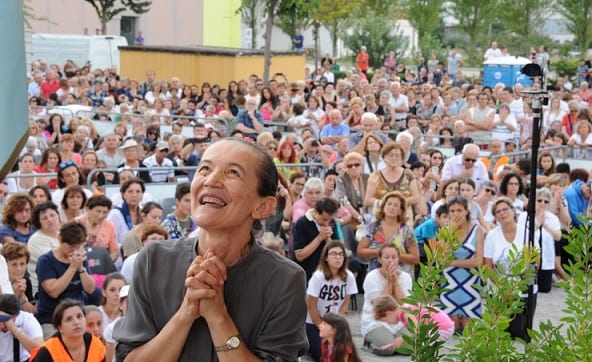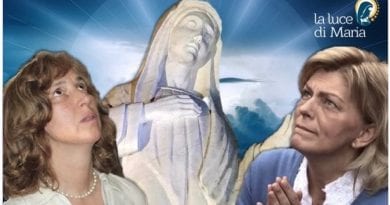Medjugorje – “You are the fire” – Powerful short video…See the Apostles of Our Lady’s Love bring light into the world that is going down in darkness.
| Assumption of Mary | |
|---|---|
| The Assumption of Mary, Rubens, circa 1626 | |
| Also called | The AssumptionFeast of Saint Mary the Virgin, Mother of Our Lord Jesus Christ[1]Falling Asleep of the Blessed Virgin Mary[2] |
| Observed by | Catholic Church (see calendar)Parts of the Anglican Communion (see calendars)Eastern Orthodox Church (see calendar)Oriental Orthodox Churches |
| Type | Christian |
| Significance | the bodily taking up of the Virgin Mary into Heaven |
| Observances | Attending mass or service |
| Frequency | annual |
The Assumption of Mary into Heaven (often shortened to the Assumption) is, according to the beliefs of the Catholic Church, Eastern and Oriental Orthodoxy,[3] the bodily taking up of the Virgin Mary into Heaven at the end of her earthly life.
In the churches that observe it, the Assumption is a major feast day, commonly celebrated on 15 August. In many countries, the feast is also marked as a Holy Day of Obligation in the Roman Catholic Church.
The Catholic Church teaches as dogma that the Virgin Mary “having completed the course of her earthly life, was assumed body and soul into heavenly glory”.[4] This doctrine was dogmatically defined by Pope Pius XII on 1 November 1950, in the apostolic constitution Munificentissimus Deus by exercising papal infallibility.[5] While the Catholic Church and Eastern Orthodox Church believe in the Dormition of the Mother of God (Dormition of the Theotokos or “the Falling Asleep of the Mother of God”),[6] whether Mary had a physical death has not been dogmatically defined. In Munificentissimus Deus (item 39) Pope Pius XII pointed to the Book of Genesis (3:15) as scriptural support for the dogma in terms of Mary’s victory over sin and death through her intimate association with “the new Adam” (Christ)[7] as also reflected in 1 Corinthians 15:54: “then shall come to pass the saying that is written, Death is swallowed up in victory”.[8][9][10]
The New Testament contains no explicit narrative about the death or Dormition, nor of the Assumption of Mary, but several scriptural passages have been theologically interpreted to describe the ultimate fate in this and the afterworld of the Mother of Jesus





